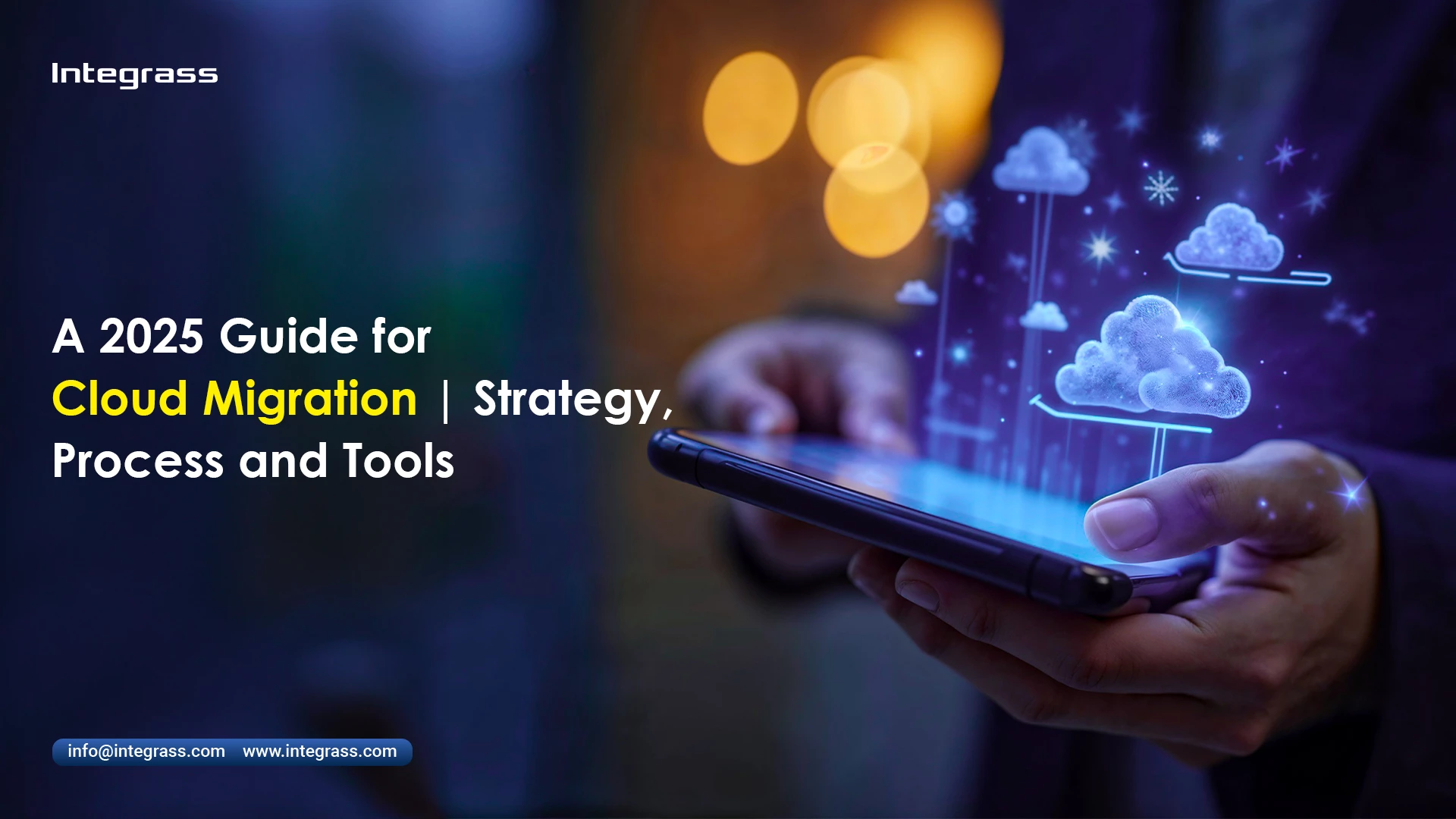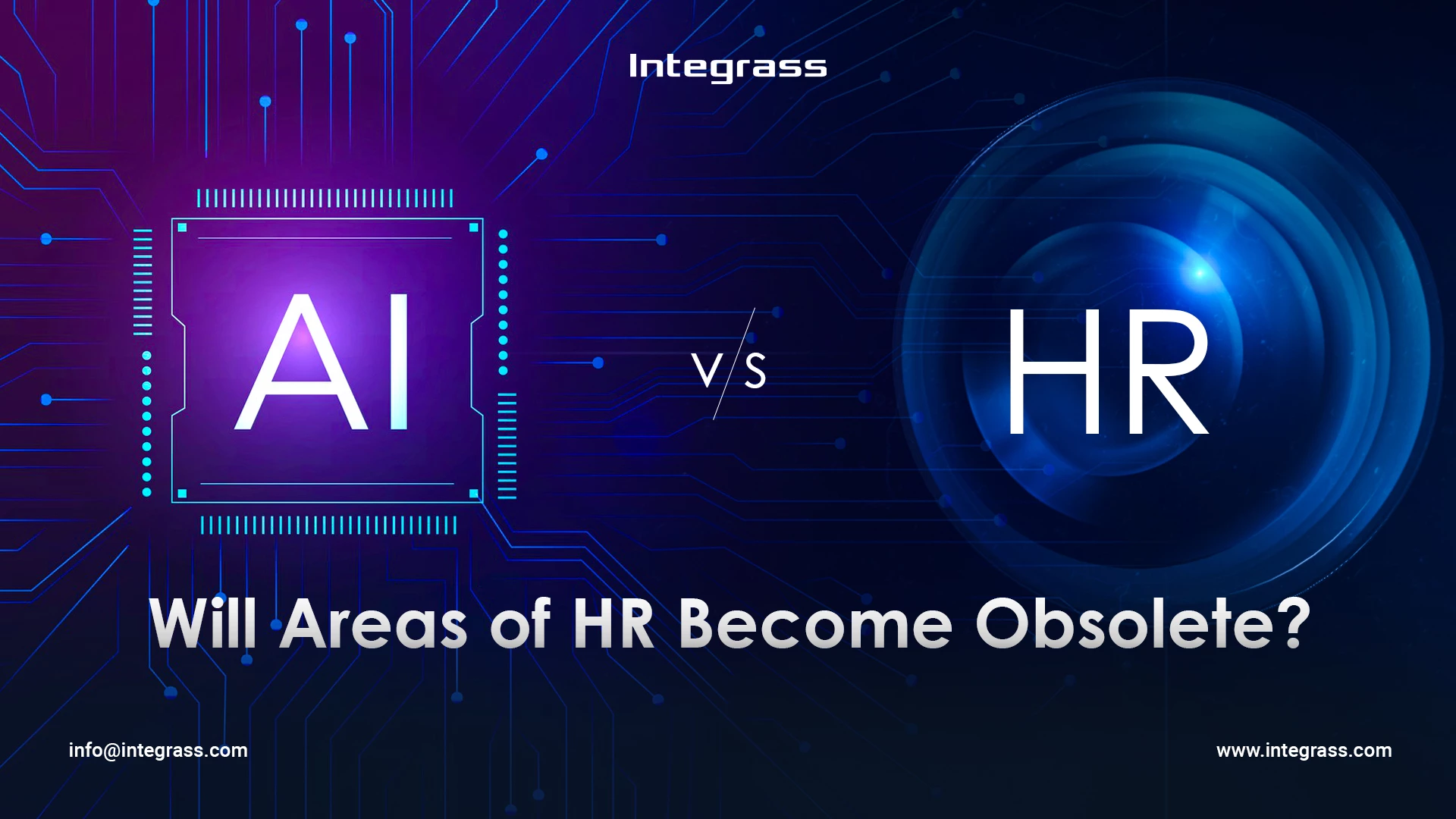As we step into 2025, the IT staffing industry is evolving rapidly. New technologies, shifting workforce expectations, and economic challenges are reshaping how organizations recruit, manage, and retain talent. The key to thriving in this dynamic landscape lies in embracing innovation and adapting to the needs of both clients and candidates.
This comprehensive look at the future of IT staffing will highlight trends shaping the industry, from the rise of artificial intelligence to the expanding gig economy and beyond.
1. Artificial Intelligence: A Game-Changer in Recruitment
AI has emerged as an indispensable tool for IT staffing agencies, transforming how candidates are identified and evaluated. By 2025, AI will handle tasks like resume screening, skill assessments, and even initial interviews with unprecedented accuracy and speed.
Tools powered by AI analyze massive datasets to match candidates with job roles based on skills, experience, and even personality traits. Some platforms, for instance, use natural language processing to summarize resumes and generate tailored interview questions.
AI reduces the time spent on screening candidates by nearly 75%. As a result, recruiters can focus on building relationships with clients and candidates rather than wading through a flood of applications.
2. The Rise of Remote Work
Remote work, once a niche option, has become a cornerstone of IT staffing strategies. With global digital jobs projected to grow by 25% by 2030, as noted by World Economic Forum, staffing firms must adapt to meet the demand for flexible work arrangements.
Virtual job fairs, remote onboarding, and cloud-based collaboration tools are now essential for connecting talent with opportunities. IT Staffing firms that embrace these tools can cater to a global talent pool, allowing clients to access skilled workers regardless of geographic barriers.
Moreover, remote work appeals to younger workers, particularly Gen Z, who prioritize flexibility and work-life balance. Companies that fail to offer remote or hybrid options risk losing out on top talent.
3. Contract IT Staffing: Flexibility is Key
The gig economy continues to expand, with professionals increasingly opting for short-term or contract-based roles. By 2025, the number of independent workers in the U.S. alone is expected to exceed 38 million. This growth is driven by the desire for autonomy and diverse work experiences.
For businesses, contract IT staffing provides the agility to scale resources up or down depending on project demands. It also reduces the overhead costs associated with full-time hires, making it a popular choice during economic uncertainties.
IT Staffing firms that specialize in contract placements are well-positioned to thrive, as they can quickly connect skilled freelancers with clients in need.
4. Blockchain for Trust and Transparency
Credential fraud is a persistent challenge in the IT staffing world, with some estimates suggesting that over 30% of resumes contain inaccuracies. Blockchain technology is poised to address this issue by providing a secure, immutable way to verify candidates’ qualifications and work histories.
By leveraging blockchain, IT staffing agencies can build trust with clients, streamline the recruiting process, and ensure that every candidate presented is genuinely qualified. This technology is especially valuable in sectors like IT and healthcare, where certifications and skills are critical.
5. Diversity and Inclusion: More Than a Trend
Diversity and inclusion are no longer optional—they’re business imperatives. A diverse workforce brings varied perspectives, driving innovation and improving organizational performance. IT Staffing firms must actively promote inclusive recruiting practices and create diverse talent pipelines.
As mentioned in The Workforce of Tomorrow Report by Deloitte, Gen Z workers expect employers to prioritize equity and inclusion. IT Staffing agencies can lead the way by partnering with organizations that share these values, offering training on unconscious bias, and leveraging AI tools that minimize human bias in candidate selection.
6. Skills-Based recruiting Takes the Spotlight
The traditional focus on degrees and formal qualifications is fading. Employers are increasingly prioritizing practical skills and experience, a shift accelerated by technological advancements and the rise of remote work.
By 2025, nearly half of all recruitment decisions will be based on skills rather than credentials. IT Staffing firms must adapt by offering upskilling and reskilling opportunities for candidates, ensuring they remain competitive in a fast-changing job market.
7. Navigating Economic and Regulatory Challenges
Economic fluctuations and evolving labor laws present ongoing challenges for IT staffing agencies. In the U.S., the IT staffing industry faced setbacks during the pandemic, according to The Annual Industry Trends Report by Statista. Recovery is underway, but firms must remain agile to navigate uncertainties.
Regulatory changes, particularly around data privacy and worker classifications, are another hurdle. IT Staffing firms must stay informed and compliant to avoid legal pitfalls and maintain client trust.
8. Technology-Driven Candidate Experiences
The candidate experience is now a critical differentiator in IT staffing. Candidates expect fast, personalized interactions, and technology plays a key role in meeting these expectations.
Staffing Industry Analysts mentions, tools like chatbots provide instant updates, while mobile-friendly application processes streamline every stage of recruitment. Virtual reality (VR) is even being used for immersive job previews, allowing candidates to experience a role before committing.
9. Sustainability in IT Staffing
Sustainability is becoming a priority across industries, and IT staffing is no exception. Firms are increasingly adopting eco-friendly practices, such as virtual meetings to reduce travel and cloud-based systems to minimize paper use. Highlighting these initiatives can attract clients and candidates who value corporate social responsibility.
10. Strategic Partnerships and Collaboration
IT Staffing firms are forging strategic partnerships to expand their reach and capabilities. Collaborations with educational institutions, for example, help bridge the skills gap by providing training programs tailored to industry needs.
Conclusion
The IT staffing industry is poised for significant growth and transformation in 2025. From leveraging AI and blockchain to embracing remote work and the gig economy, the future of IT staffing is dynamic and full of opportunity. By staying ahead of trends and focusing on innovation, IT staffing firms can not only meet the needs of today’s workforce but also anticipate the demands of tomorrow.
For organizations and candidates alike, the future of IT staffing offers exciting possibilities. Whether it’s finding the perfect hire, exploring new work arrangements, or building a more inclusive workforce, the key to success lies in adaptability and forward-thinking strategies.
Why Choose Integrass Talent Solutions
Integrass offers exceptional talent solutions for companies of all sizes—small startups, medium enterprises, and large corporations. Our expertise in IT staffing and software development ensures you get top-tier talent tailored to your project requirements.
With over 15 years of experience, we’ve built a reputation for delivering adaptive and scalable solutions that align with your business goals.
Whether you need short-term staff augmentation or a dedicated team for long-term projects, our talent seamlessly integrates with your processes, saving time and enhancing productivity. Trust Integrass to provide skilled professionals who bring value and innovation to your projects.
Process of recruiting Contract IT Resources
1. Define Candidate Requirements
The first step in recruiting contract IT resources is defining the specific skills and expertise needed for your project. Collaborate with IT experts to create a detailed Software Requirements Specification (SRS) that outlines the technical expectations. Include input from project managers, architects, and team leads to ensure candidates meet both technical and soft-skill requirements.
2. Candidate Sourcing: Screening & Interviews
Sourcing qualified candidates involves rigorous screening. Conduct multi-stage interviews to evaluate both technical skills and cultural fit. Technical interviews should focus on coding, problem-solving abilities, and project experience, while soft skills can be assessed through situational questions and behavioral assessments. Incorporating technical tests ensures an unbiased evaluation of competencies.
3. Candidate Submission: Selection and Recruiting
After identifying suitable candidates, submit their profiles to key stakeholders for review. Handle the legal processes involved in recruiting through your HR team or the vendor, ensuring all contracts comply with relevant regulations. Collaboration tools like Slack, MS Teams, or Asana can streamline communication between stakeholders and the hired developers.
4. Seamless Onboarding Process
A smooth onboarding process is crucial for integrating new team members. Depending on the recruiting model, allow adequate time for onboarding. On-site visits can foster stronger relationships and expedite onboarding for projects requiring deeper collaboration.
5. Team Development and Growth
Foster an environment of collaboration and continuous improvement. Encourage team-building activities, regular check-ins, and smaller collaborative projects to enhance team dynamics. This approach not only boosts productivity but also promotes a sense of ownership among team members.Ready to supercharge your team with Integrass Talent Solutions? Contact Us Today!



